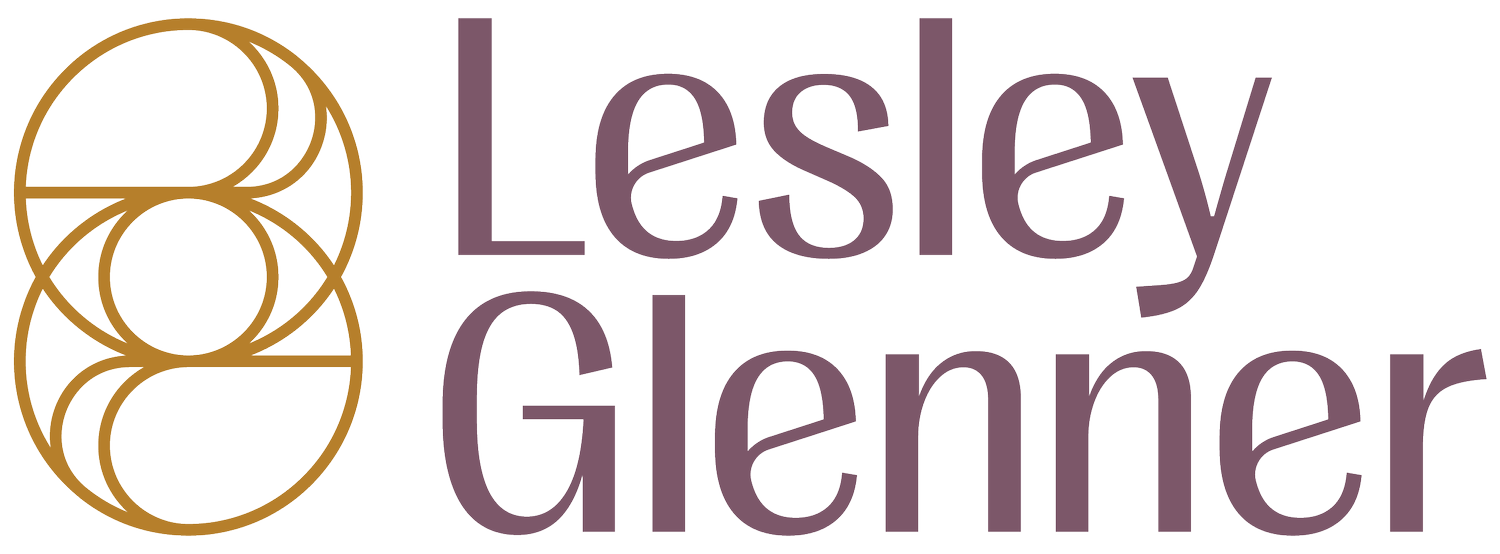Going Slow to Go Fast in Couples Work
Building a Really Solid Container for Change Takes Time
By the time couples decide to get the support they need in their relationship there’s often an urgency in the air. And that makes sense, after all when our primary relationship feels disharmonious it can be challenging, intolerable even. I honor this need for an urgent change and I like expeditious work too. In order to be truly expeditious we need to have a solid beginning. Much like backpacking in the mountains, we need to have our gear pack well stocked and organized otherwise we may find ourselves ill-equipped for the harsher elements that will inevitably find us later when we are deep in the wilderness.
And so I always begin couples work by helping the couple get set up for success before hiking into the wilderness. This includes:
naming and finding agreement about the goals of our work.
creating a framework for our experience.
assessing the assets and strengths that the couple brings
laying bare the obstacles and limitations that the couple has within their dynamic.
assessing the level of skillful communication each party brings and learning new concepts for healthy relating.
Often one or both members of the couple want to dive immediately into their stories and the content. But without a context and a container that would be ill-advised. In order to do it safely and productively there’s a clear process we must go through before we get into the nitty gritty details.
We can’t talk about the content until we see the structure is sound. We need to alter our orientation. To make a solid agreement before we dive in. Hard to get off the starting block if we can’t make those agreements.
Creating a truly safe container is time-consuming and detail-oriented work. I’m the first to admit, it can even feel tedious at times. Couples may worry that the tedium will last forever. In reality, this part of the process only lasts a month or so and it’s absolutely essential if we are to be successful.
Building a Healing Relationship Takes Time
If you come to this work guns blazing, wanting to be right, you won’t progress you’ll stay stuck at the basecamp. If you’re coming in curious and open minded about what has to happen, you will find resolution doesn’t take so long.
Couples must be willing to “listen and learn.” Sometimes we can’t see that we together have a dynamic that isn’t working well for both of us. We tend to blame and ‘other’ our partner which keeps us in a zero sum game posture.
If we can be patient for a little while, and a bit more generous with our time in hearing out their partner, everyone wins. So much of becoming a solid couple is about willingness to learn and see things from a different side, fight for togetherness (not me vs you) and implying the skills of emotional honesty, relational curiosity and creating a win-win dynamic.
Sadly, I’ve found that some people can’t tolerate this part of the process, because their own story, pain, and wounding is so alive that it’s all that matters to them.
If someone needs support with individual “hyper activation” of their nervous system when relating, they will need supplement support to do that work. I encourage everyone to find a deep practice to support the nervous system, but advanced couples work is not the place for working out those individual issues.
Building the Container by Making Careful Agreements
In my practice, we begin by making careful agreements about feedback in relationships. This is pre-work done in order to understand how to stay connected, even while in conflict.
We talk about such things as:
shared reality,
rupture and repair,
skillful listening,
giving welcome feedback,
what is a clean complaint is, and
why we have complaints.
This part is essentially an education in sustainable, mature relating.
Understanding Healthy Relating 101
When you get to this point where you have built the container, you’ll have earned the ability to share your experience in a way that inspires care or support from your partner. And you’ll be able to listen in a way that demonstrates love.
Frankly, if you can share your experience in a way that inspires care, you’re doing eons better than most couples. To listen with love, devoid of stonewalling and blame requires skill. We have to unlearn antiquated, unconscious, habituated, unexamined ways of behaving in relationships.
We must become more receptive, more caring, and willing to listen before all else.
It may seem counterintuitive now, but mature healthy relating is non reactive. Couples who relate well are not easily pulled off their center.
The process of making secure relationships is long. It can move quickly, but it helps to recognize that what feels (and is) circuitous actually follows a trajectory toward greater peace, love, and understanding.
Finally, Examining the Content
Once we’ve built the container and made the agreements, we find better outcomes. At this point, we’re approaching the starting line as teammates ready to tackle a project together, shoulder to shoulder.
Then finally, we can get into deep historical work if needed. But it looks different this time.
We can finally put down blame, and embrace the procedure we’ve outlined that needs to be followed – the rules of the game. We remember that as a couple, we are teammates, not adversaries.
We’re ready to support our partner and to be supported. It’s not only a focus on “what I need,” but rather “what we need.”
It’s worth it to take the time needed to do things right the first time. That’s what we mean by, “Go slow to go fast.”
